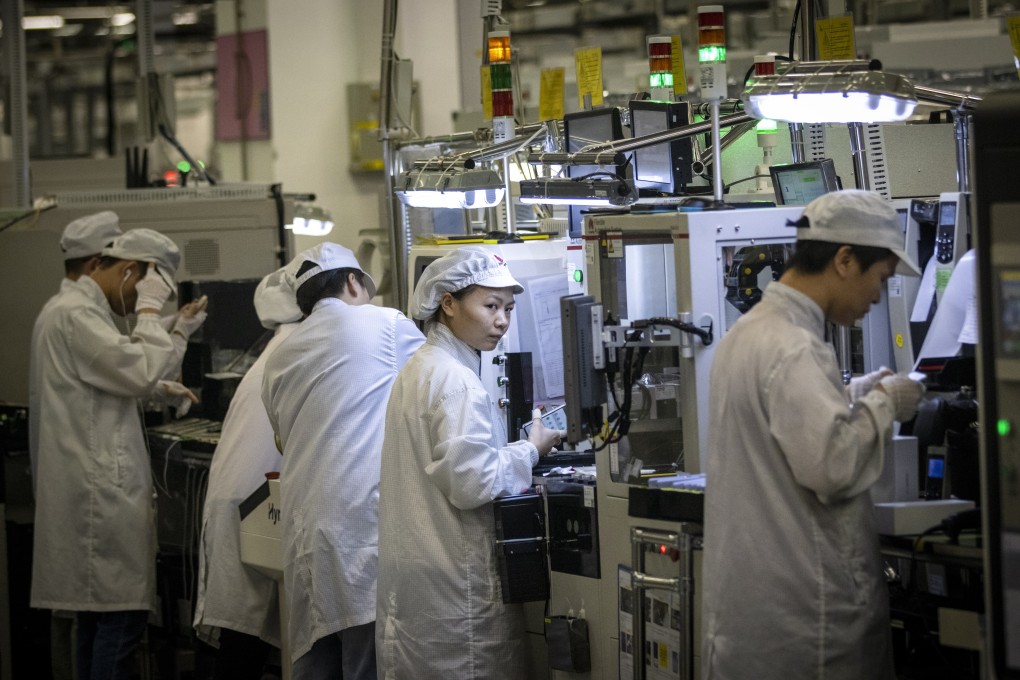Advertisement
China’s industrial engine rebounded strongly last month, amid surprisingly good economic numbers
- Industrial production, which measures China’s industrial output, including manufacturing, mining and utilities, grew by 6.2 per cent in November
- Retail sales also performed better than expected, as the Chinese economy surprised on the upside in the last month before a trade deal was reached
Reading Time:3 minutes
Why you can trust SCMP

China’s industrial economy rebounded strongly in November, in the last month before a trade deal was reached with the United States that will provide some well-needed tariff relief.
Industrial production, which measures China’s industrial output, including manufacturing, mining and utilities, grew by 6.2 per cent in November, a big improvement on October’s 4.7 per cent growth, which was the second lowest since 2002.
This was well above a poll of analysts quizzed by Bloomberg, which had forecast 5.0 per cent growth. It was the highest growth since June.
Advertisement
Retail sales, a key measure of consumption in the world’s most populous nation, grew by 8.0 per cent in November, up from 7.2 per cent in October and again higher than the Bloomberg poll, which expected 7.6 per cent growth.
Another key indicator of the health of China’s economy, fixed asset investment, grew by 5.2 per cent in the year-to-date to November. This maintains the lowest monthly investment ever reported in China in October, which has led to fears over confidence and resilience in the Chinese economy.
Advertisement
Advertisement
Select Voice
Select Speed
1.00x